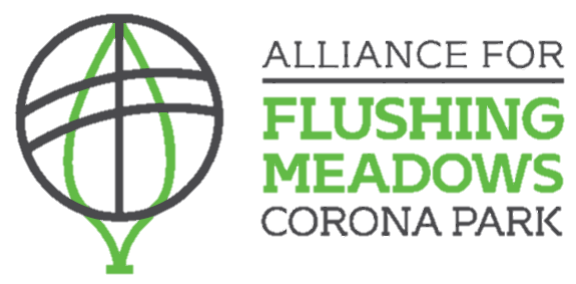December 5th is World Soil Day!
/This blog post is written by Lee Hittner-Cunningham, the Alliance’s Natural Areas Stewardship Coordinator who is serving in partnership with Americorps.
World Soil Day was first celebrated on December 5, 2014, after it was designated by the United Nations as a day to celebrate and raise awareness about the vital role that soil plays in the health of our planet. This year’s theme is Soil and Water: A Source of Life. Plants can’t grow in compacted soil that lacks nutrients, and the loss of plant life goes on to impact the rest of the ecosystem, from the microorganisms that live in soil to animals that rely on plants for food. Compacted soil is also unable to absorb water, making it prone to flooding in extreme weather. As extreme weather conditions become more and more common, it becomes more and more important to tend to our soil.
One way to improve the health of soil is by adding compost to it. Composting is the process that turns food scraps, leaves, and other organic waste into a soil-like substance that can be used as mulch or fertilizer. All biodegradable materials will eventually decompose, but composting creates a hospitable environment for the microorganisms responsible for decomposition, efficiently converting waste into usable compost. The environmental benefits of composting are several: it reduces the amount of waste going to landfills, cuts greenhouse gas emissions, and creates a useful product.
At FMCP, we are using compost to remediate bare, compacted lawn areas. The compost adds nutrients to the soil and welcomes back microorganisms, making the soil healthy enough for plants to grow in it. We have long partnered with the Queens Botanical Garden to compost our fallen leaves, and this year, we are starting our own compost pile. In the future, we'll be able to use the resulting compost in gardening, tree planting, and lawn restoration.
The transformation of food scraps and leaves into compost is a reminder of how life feeds life, and of the larger ecosystem in which we all belong. Soil sustains us all, and if we’re thoughtful about how we manage waste, we can give back to the soil.
You can be part of that giving back! Composting is becoming more accessible for NYC residents. By October 2024, Curbside Composting will be available to all city residents—and it’s already available throughout Queens! If Curbside Composting isn’t available in your neighborhood yet, you can take your compost to a drop-off site.



